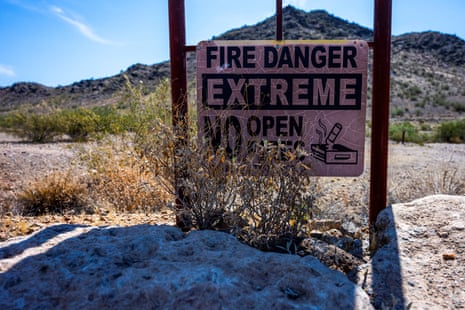Ed Miliband, the energy secretary, isdeciding how companies respond to a landmark supreme court ruling which last year decreed oil and gas firms have to account for the scope three emissions caused by the extracted fossil fuels being burned, rather than just the greenhouse gas emissions caused by building the extraction sites.
The oil and gas industry argues that it is unfair to treat it the same as other companies such as car manufacturers because cars can reduce scope three emissions with more efficient engines, but a barrel of oil or therm of gas cannot have the eventual emissions from its combustion reduced.
OEUK’s submission to the government argues that its business is different from others in that the end product – oil and gas – inevitably produces scope three emissions as the end result is almost always the burning of these fossil fuels.
Documents seen by the Guardian show the industry group Offshore Energies UK (OEUK) asking for Rosebank and other oilfields’ “scope three emissions” – those caused by the burning of extracted oil and gas – to be treated differently because that was the point of their business.
Tessa Khan, founder of Uplift, the group which brought the successful court case against Rosebank, said: “As our courts have recognised, it is inevitable that the oil and gas in projects like Rosebank will be burned and that this will create carbon emissions.































